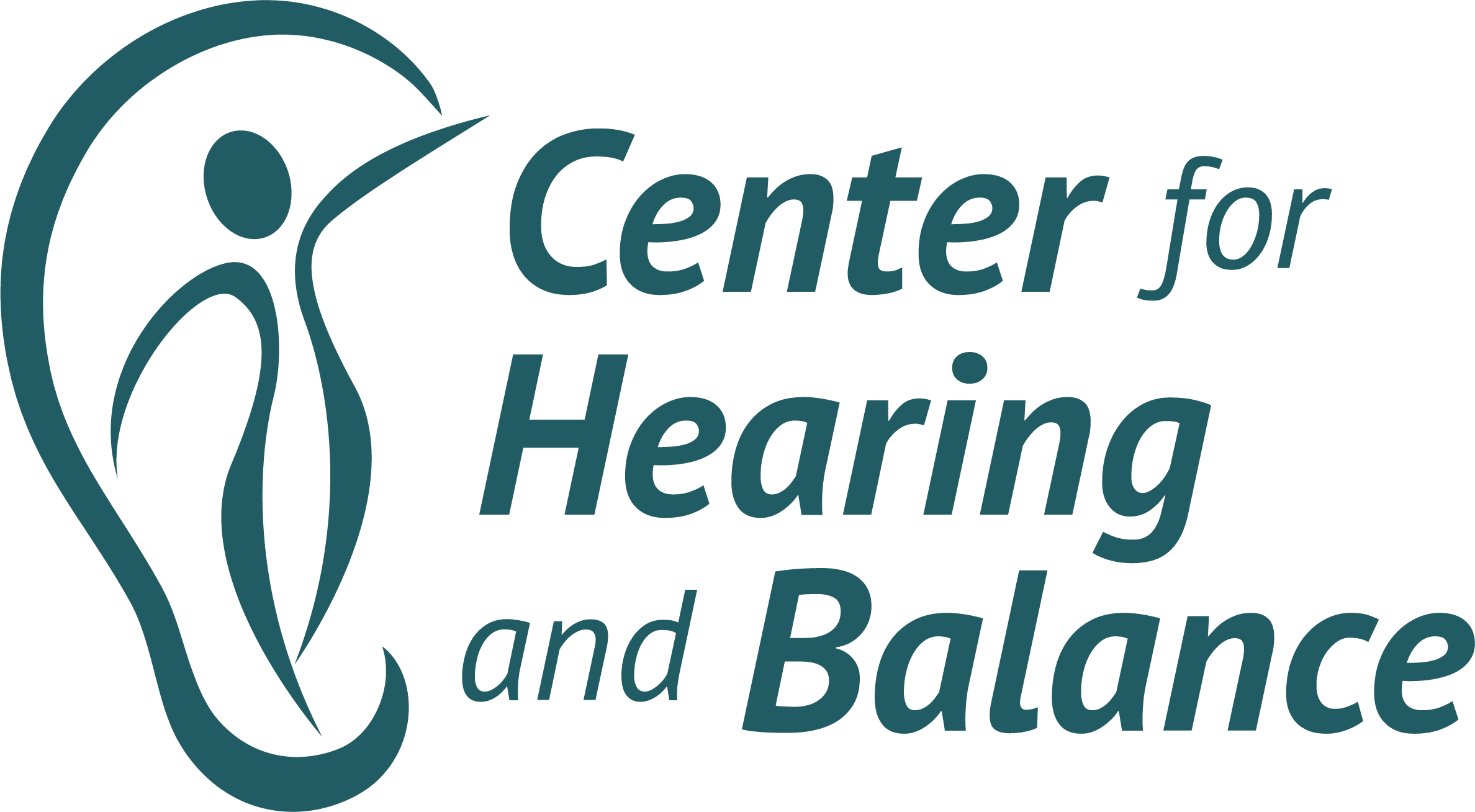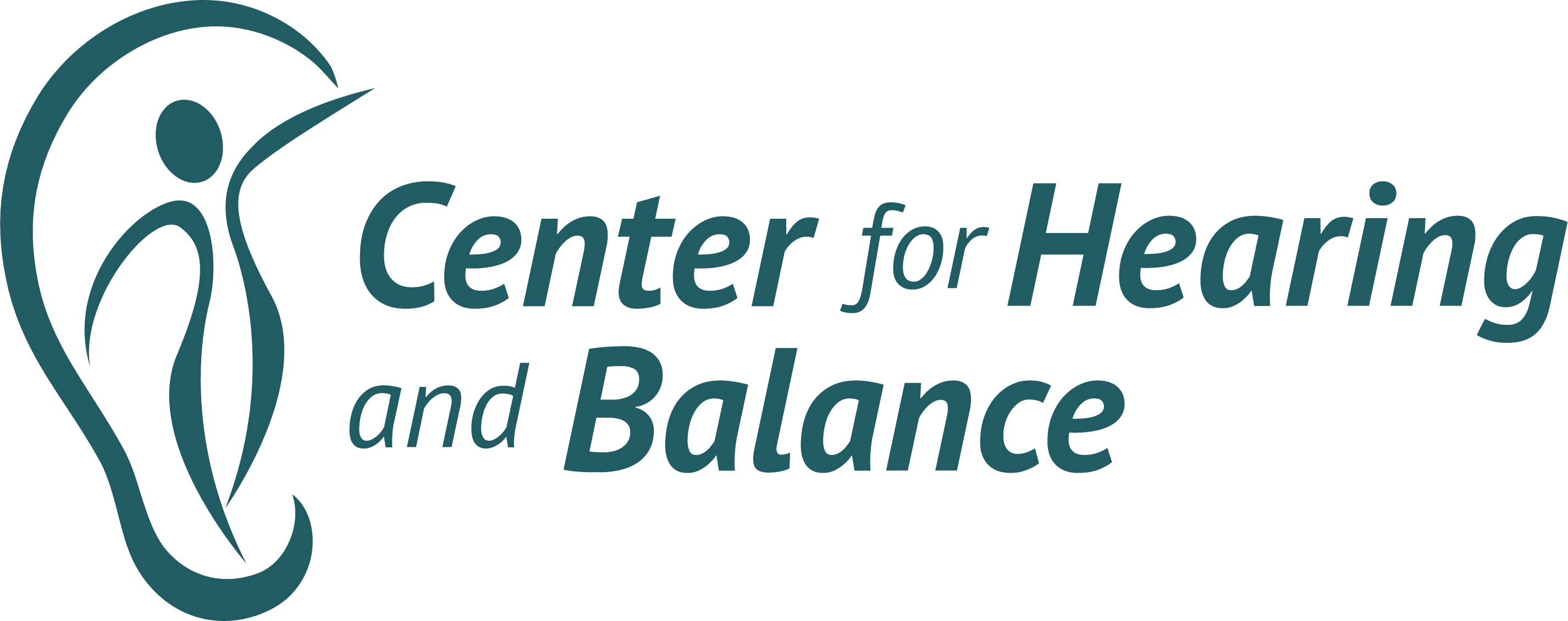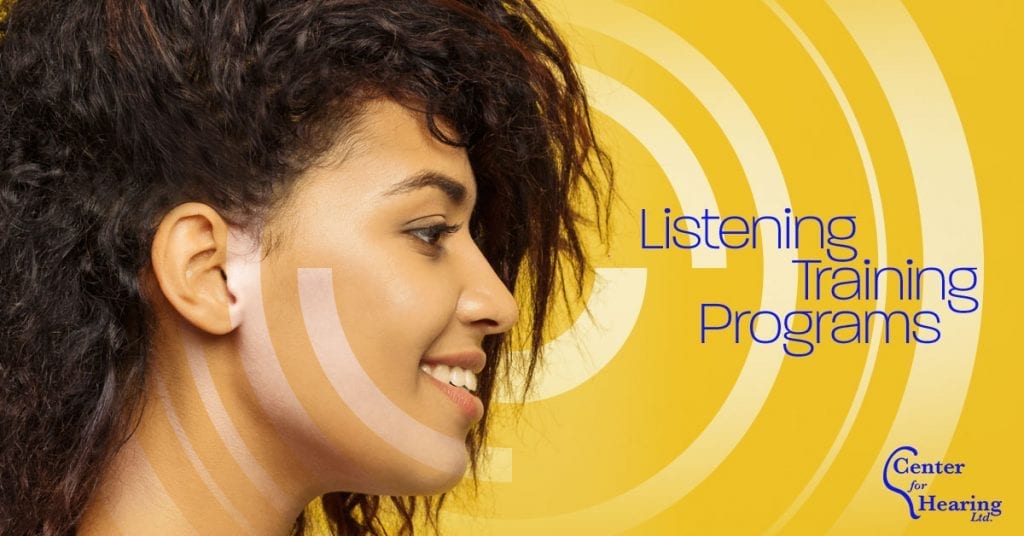In the study, elderly subjects trained on a closed-loop computerized audio game for eight weeks. For these subjects, “speech-in-noise intelligibility in challenging listening conditions improved by 25%,” whereas speech intelligibility was unchanged in the subjects in the placebo group who did not train on the audio game.
Fortunately, there are several programs and games designed to improve your speech-in-noise intelligibility. Healthy Hearing lists three great programs in their report:
Listening Training Programs
- LACE (Listening and Communication Enhancement): These programs are designed to “retrain the brain to comprehend speech up to 40 percent better in difficult listening situations”.
- clEARWorks4EARs: “This customized program trains your ability to recognize speech in noisy and quiet environments while exercising cognitive skills necessary for speech, word memory and attention.”
- Angel Sound: “People with auditory processing disorders, cochlear implants or hearing aids can practice identifying and discriminating sounds and speech components through a series of PC-based, interactive, self-paced modules which cover different aspects of the listening process.”
In addition to these programs, there are several apps and games designed for adults and children with hearing loss. Healthy Hearing lists some of these in their article Exercise your Ears: Apps and Games to Keep Hearing Sharp:
Apps and Games
- Advanced Bionics: AB, a developer of cutting-edge cochlear implant technology, offers a variety of hearing rehabilitation apps for adults and children.
- Forbrain: Speaking out loud while wearing specialized Forbrain headphones help adults and children improve in many areas.
- HAPPYneuron: This customized brain training program uses games that are designed to improve cognitive functions.
- Luminosity: This brain training program has daily workouts and games adapted to your cognitive level.
Healthy Hearing also suggests doing exercises at home such as having conversations with the TV or radio on and trying to focus on the conversation while tuning out other noises. Another good exercise is to close your eyes and practice identifying and then isolating individual sounds. Meditation and yoga can also be beneficial.
Of course, listening training programs, apps and games won’t cure hearing loss, and they shouldn’t be used as a substitute for hearing aids. However, studies show that these programs and games can be beneficial for those with hearing loss. Not only are many of these programs fun, but when it comes to exercising your brain, there are no downsides. So why not try it?


